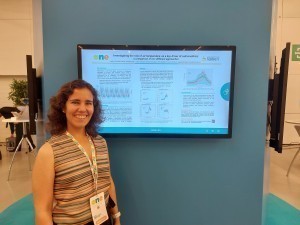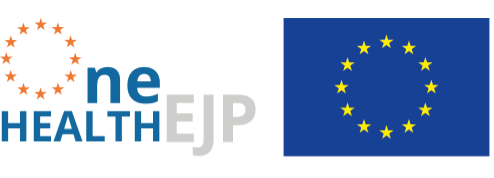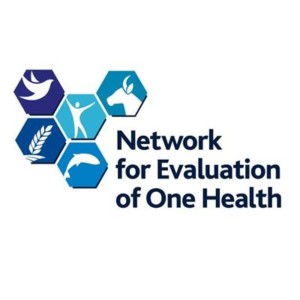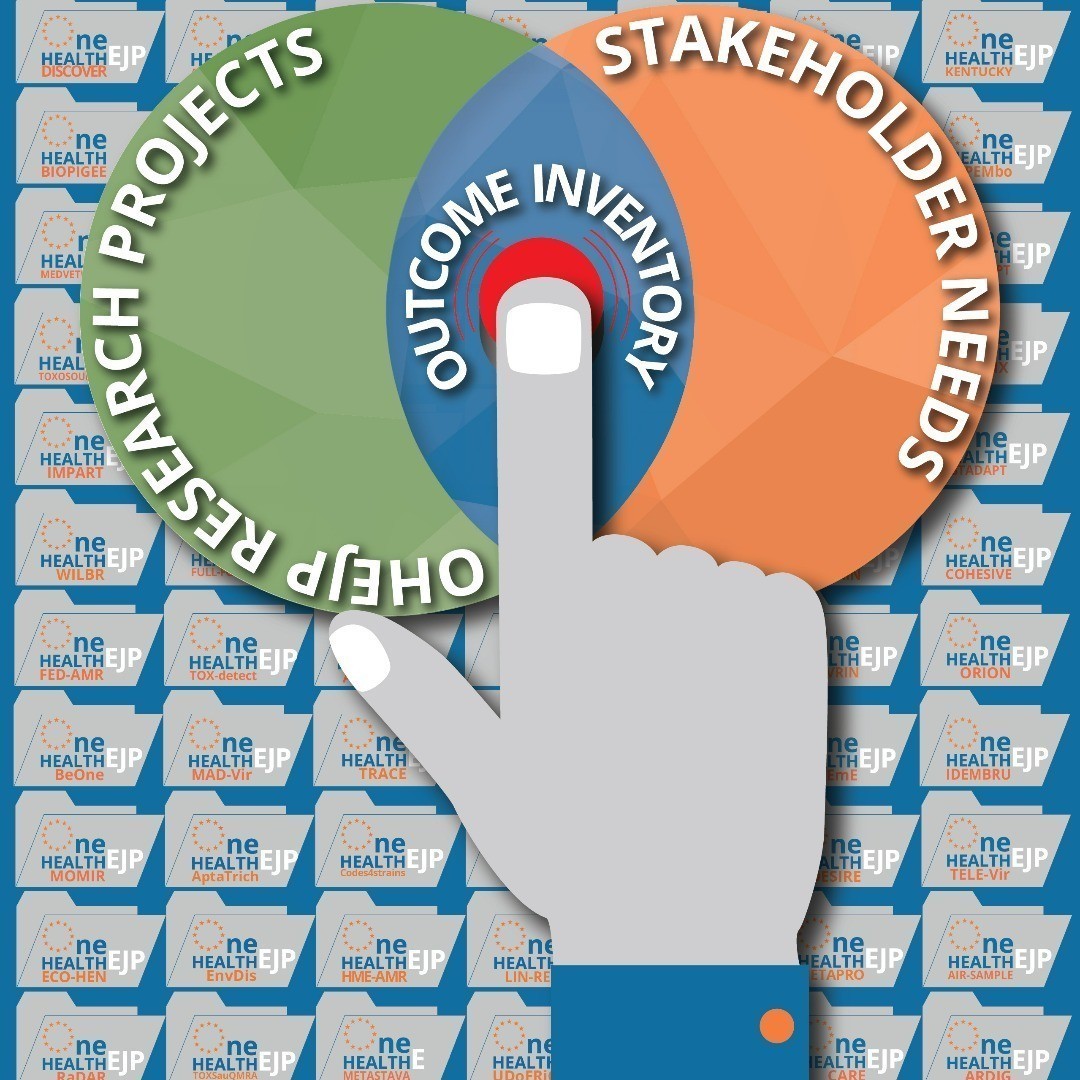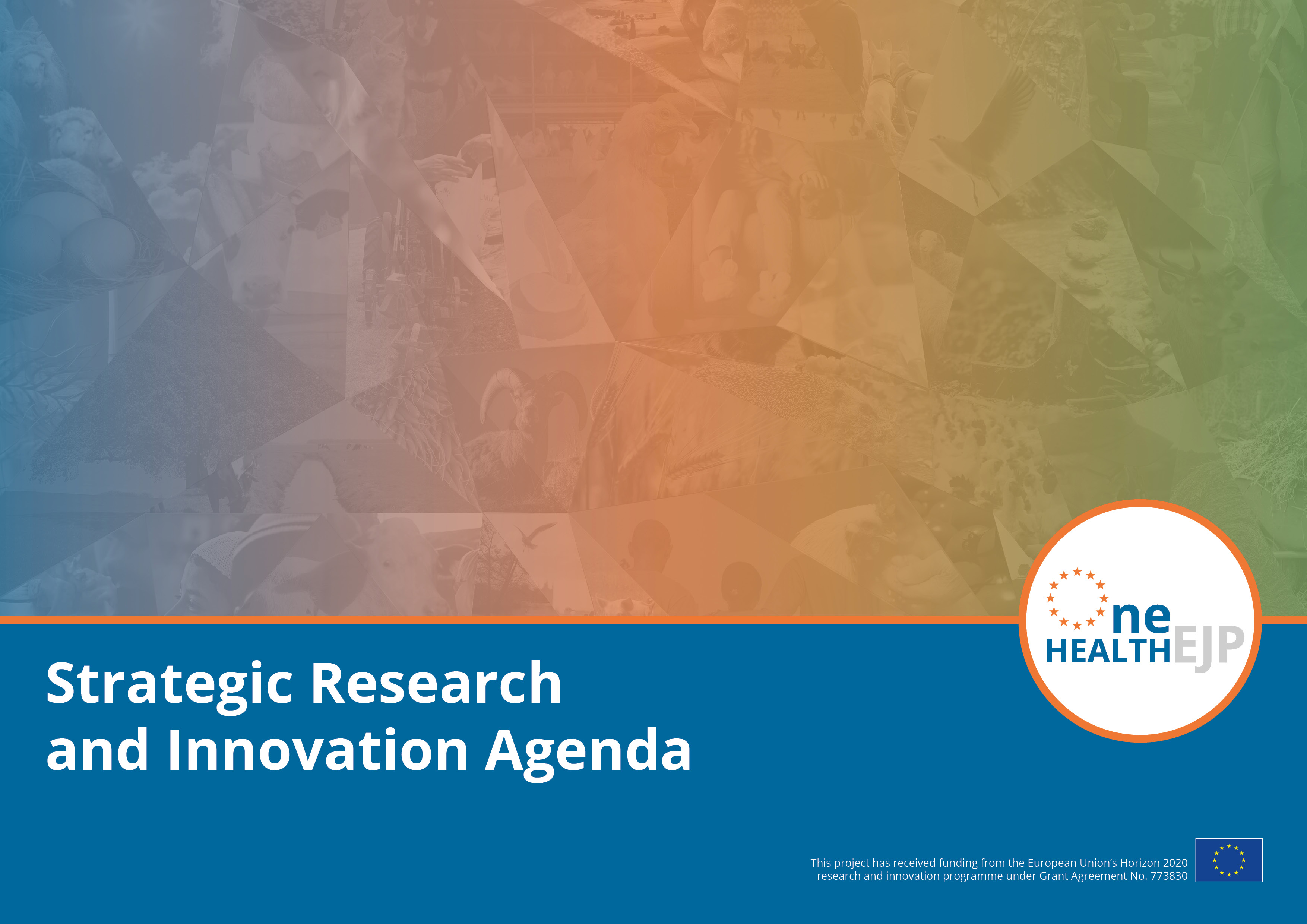A day in the life of Laura González Villeta
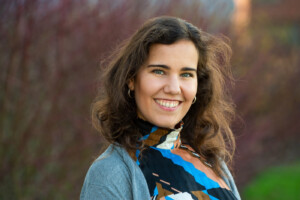
Read our fourth #OHEJPphdlife post describing a day in the life of Laura González Villeta, a One Health EJP student working on PhD project EnvDis. Her research aims to develop a modelling tool to assess the public health risk of a foodborne zoonosis based on information of relevant environmental factors, with Salmonella as the model pathogen.
A normal day in my current life is, well… never alike. And that is one of the things that I like the most of my PhD journey. Some of the big advantages are having the flexibility to work when it suits me best and when I feel most productive; the trust placed in me to follow my instincts and try new avenues; and time to read, question the world and search for gaps in knowledge.
If I think about a good day in my routine, it would start with a sunny morning, a day to not to waste in England. My mood automatically rises, and I know it is going to be a good day. I wake up at 7:00, have a coffee and a toast with peanut butter and blueberries while enjoying a leisure book to get my mind started. I hop on my bike by 8:30, and head to the sports centre of the University of Surrey for a morning swim at 9:00. By the time I reach there, I am already warmed up thanks to the hilly way-up in Guildford (since my goal was to be active, I find myself economising time from the beginning of the day).
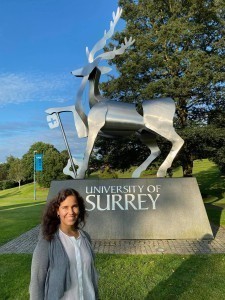
I finish my swimming session in a very relaxed body and mind, ready for the day. I reach the post-graduate office at 10:00. It is a spacious open-plan office where I share pains and glories with 30 other students and post-docs. After a quick “hi” to the people sitting nearby my desk, I am in time for the quick morning coffee with the other PhD students of the NTD (neglected tropical disease) research group I belong to. After a few jokes and morning anecdotes, it is 10:15 when I turn on my laptop and check my emails. Having an active routine and regularly seeing my peers is what has given a push in mood and results in my project after the lockdown restrictions were lifted. I am so happy that those days of isolation with periods of self-blame are a thing of the past.
Mine is a computer-based project in which I am trying to find out whether the weather alone can explain the incidence of salmonellosis and to identify which meteorological variables act as key drivers. Our hypothesis is that the weather plays an important role in the seasonal pattern of human cases observed year after year. The effect that weather and climate have over infectious diseases is widely accepted, but the effect of each of the variables involved is difficult to individualize and has not been studied in depth before. I hope that my small contribution will help to increase understanding of how the various factors involved in diseases act to be better prepared to fight them.
I spend most of my time coding in R and interpreting plots. Working long hours in front of a screen on the same project can be exhausting. The way I have found to keep up my productivity is to multitask and get involved in side-projects. In this sense the University offers me great options, from language courses (I followed French and German so far!), to workshops to build up my soft skills and even some teaching to demonstrate in Vet practical sessions. I was also fortunate to be involved in a small side project in the lab looking at the effect of periodical environmental disturbances over a bacterial population. The results are still being analysed and it will nicely complement the computational component of my thesis.
A flashy banner in my calendar reminds me about an upcoming deadline for an abstract submission. It is for an exciting conference taking place in November. After two years following conferences online, this year I can finally enjoy attending in-person conferences for the first time. I have already attended two and it was a real blast to get to know other students going through similar experiences and discuss details of my project that I had not considered before.
Back to coding > my model is finally working! I have managed to identify maximum air temperature, surface air pressure, relative humidity and dewpoint, together with daylength, as potential drivers of human salmonellosis. It has only taken me two years to finalise the data format and fix the direction of my project. Exciting times ahead, only one more year remains to polish the details and run some further test simulations and weather combinations. Fortunately, it has been a long time since I have encountered coding errors that I am unable to fix. It feels good to look back and appreciate the significant learning curve. That makes me feel already very happy the progress I have made so far.
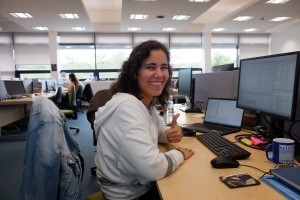
In conclusion, I am finding my PhD to be an enjoyable learning experience with time available to read, learn, do research, and have a balanced work life with the advantages of being a student in a foreign country. However, I must confess that not every day is a good day. There are days where my code does not work, where I cannot find the origin of the errors, or where I get inexplicable results (if any at all). It is precisely in those days when I look for the support of my peers and try to remind myself that failure is part of success and tomorrow will be a better day.
